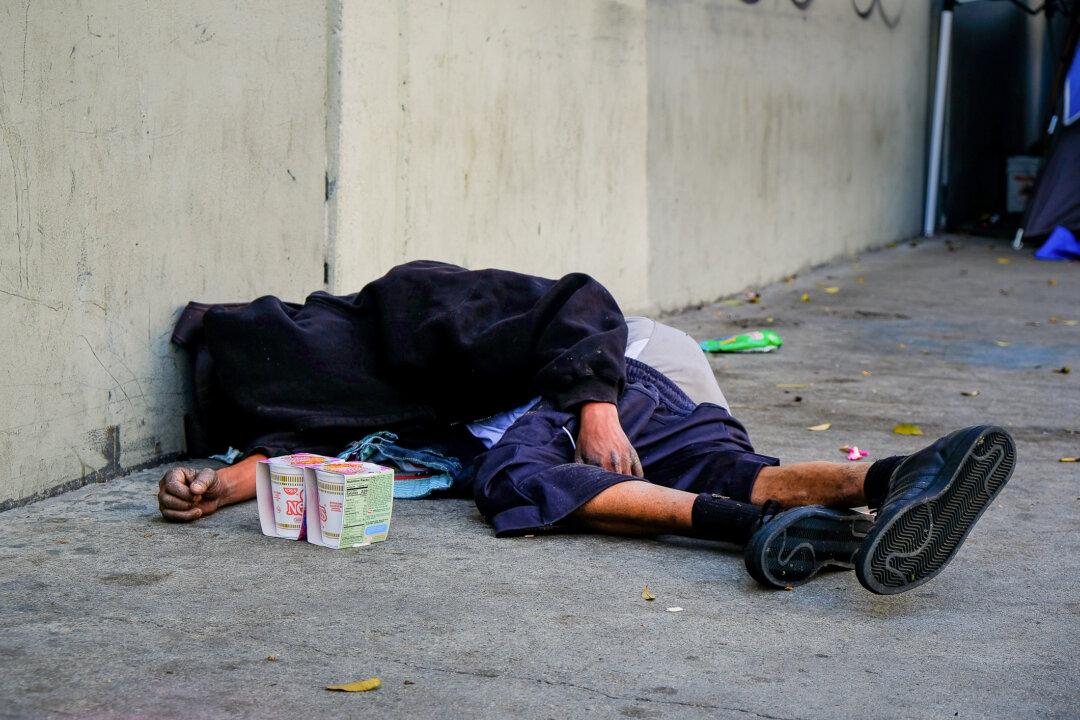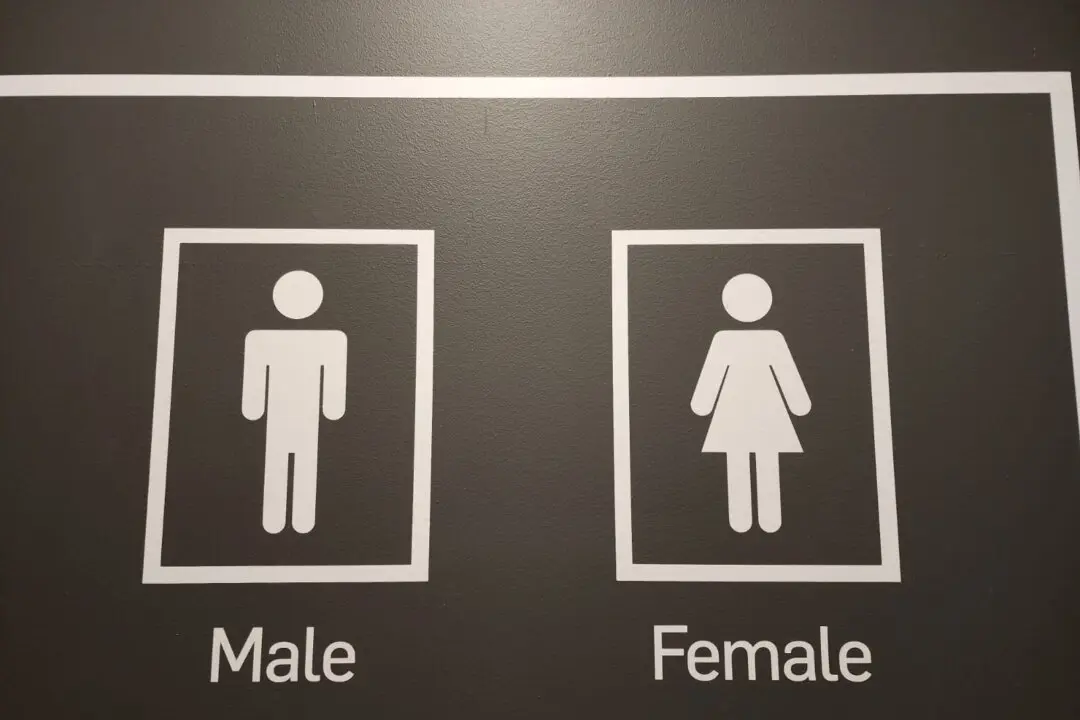Higher minimum wages lead to more people becoming homeless, according to a recent study that identified a clear link between the hike in minimum wages and the phenomenon of homelessness—a 14 percent increase from 2014 to 2019.
Higher minimum wages disincentivize businesses from hiring employees, and actually encourages letting go of workers to reduce costs. While activists simply look at the workforce being paid a higher amount, they choose to ignore the other side of the situation where existing staff work harder to retain their positions, and the total number of opportunities become fewer. When openings go down, people cannot afford basic necessities, including housing.





